Uterine Fibroids Treatment in Bhopal
What Are Uterine Fibroids Treatment in Bhopal ?
Uterine Fibroids Treatment in Bhopal focuses on managing non-cancerous growths known as fibroids, or leiomyomas, which form in the muscular wall of the uterus where a baby grows. These fibroids can vary greatly in size—from tiny, seed-like nodules to larger masses—and may change the shape or overall appearance of the uterus.
For women seeking expert care, Dr. Viraj Jaiswal at Maan Hospital on Sultania Road, opposite State Bank of India near Jahangirabad, provides reliable Uterine Fibroids Treatment in Bhopal. As one of the best gynecologists and obstetricians in the city, he offers accurate diagnosis, compassionate support, and effective treatment options tailored to each patient’s needs.

Types of Uterine Fibroids Explained
Uterine fibroids, also known as leiomyomas or myomas, are classified based on their location within the uterus. The main types include:
Intramural Fibroids
These are the most common type and develop within the uterine wall. They can cause the uterus to enlarge and may lead to heavier menstrual bleeding.
Submucosal Fibroids
These grow just beneath the inner lining of the uterus (endometrium) and can protrude into the uterine cavity, potentially leading to heavy bleeding and reproductive issues.
Subserosal Fibroids
These extend outside the uterus and may cause pressure on surrounding organs, leading to discomfort.
Pedunculated Fibroids
These are subserosal fibroids attached to the uterus by a thin stalk, which can sometimes twist and cause pain.
Causes of Uterine Fibroids
The exact reason why women get uterine fibroids isn’t completely known, but there are several factors that might play a role:
- Hormonal Influence:- Estrogen and progesterone play a key role in the menstrual cycle and may contribute to the growth of fibroids.
- Risk Factors:- Family history, age (particularly in women in their 30s and 40s), and obesity are significant risk factors for developing fibroids.
- Dietary Impact:- A diet high in red meat and low in fruits and vegetables may increase the risk of fibroids.

Symptoms of Uterine Fibroids
Many women with uterine fibroids don’t feel any problems, but some might have different issues, including:
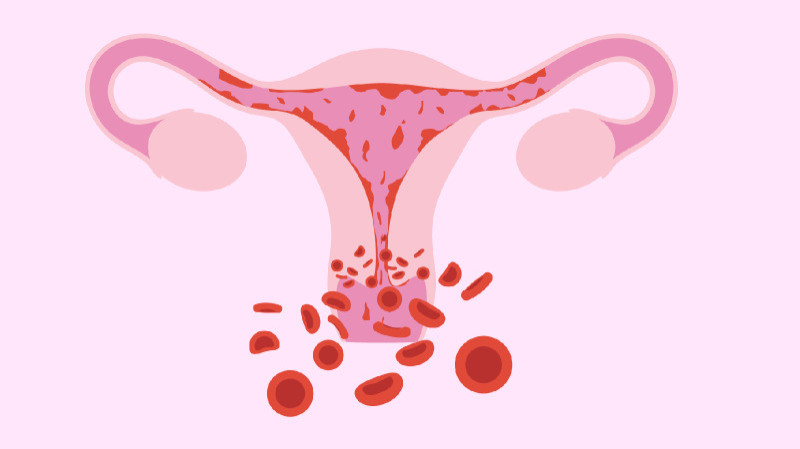
Heavy Menstrual Bleeding
This is when a woman bleeds a lot during her period, which can make her feel tired or weak.

Pelvic Pain
Some women feel pain or discomfort in their lower belly, especially during their period.
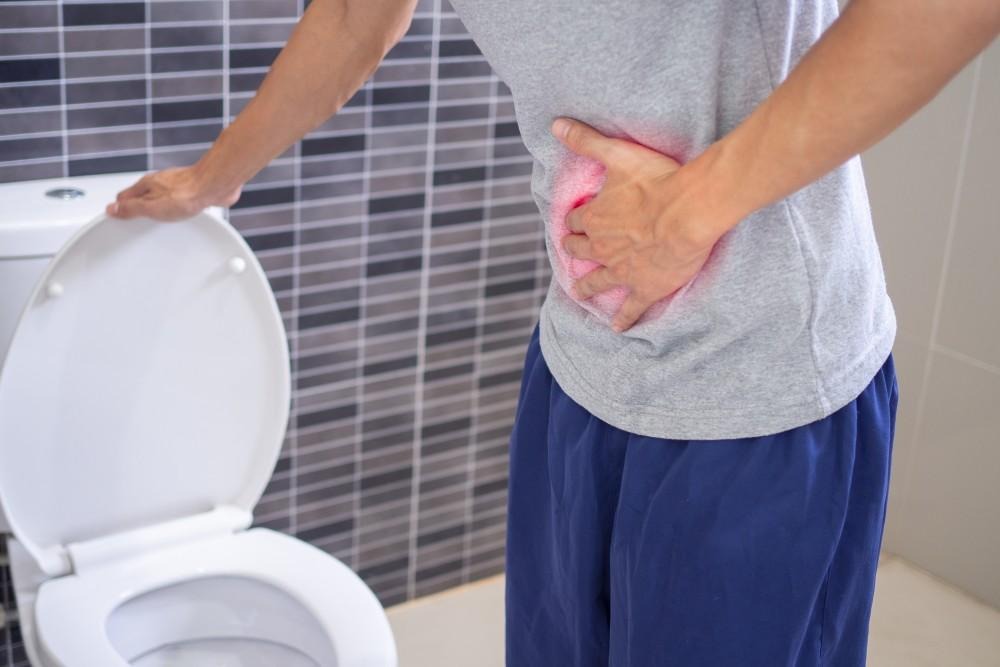
Pressure Symptoms
This can make a woman need to pee often, have trouble emptying her bladder, or feel constipated because the fibroids press on nearby organs.
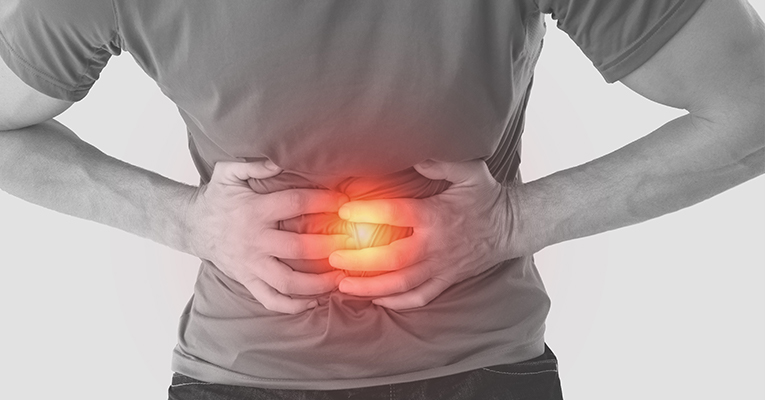
Enlarged Abdomen
Sometimes, fibroids can make the belly look bigger, almost like a baby is growing inside.
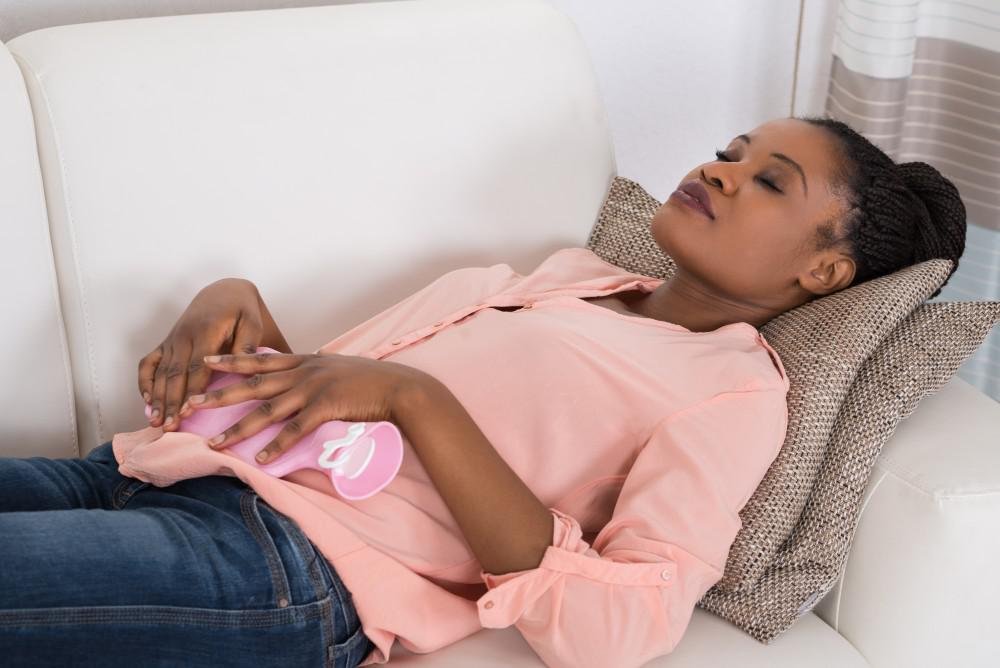
Pain during Intercourse
Pain during intercourse, known as dyspareunia, can result from various causes, including hormonal changes, infections, endometriosis, or pelvic inflammatory disease.
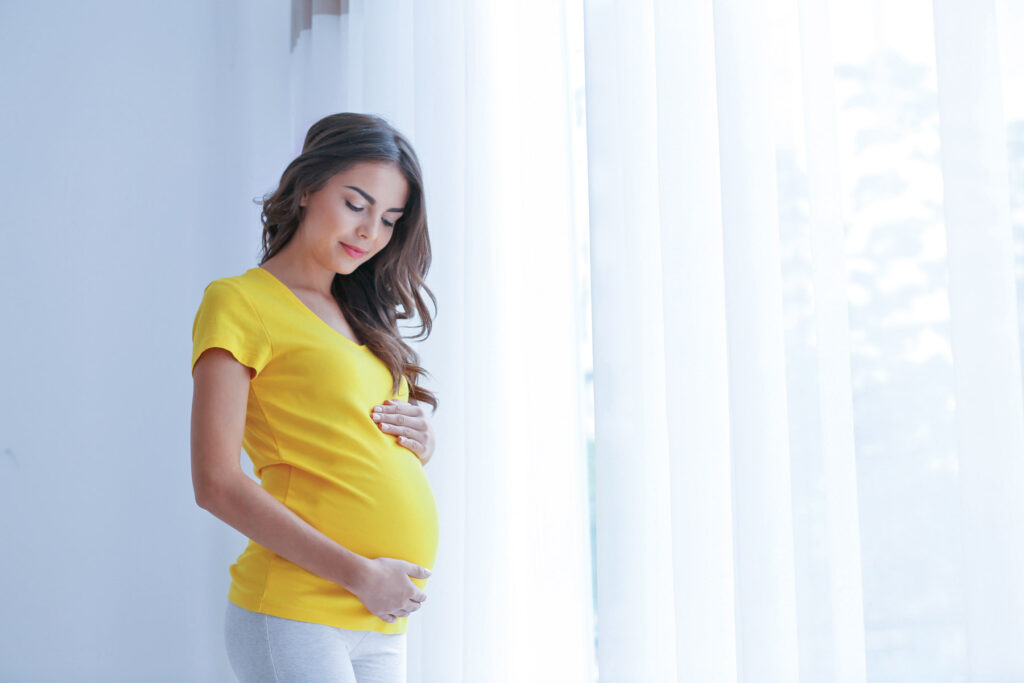
Reproductive Issues
Fibroids can make it harder for women to get pregnant or cause problems during pregnancy.
Are Fibroids Common?
Yes, uterine fibroids Treatment in Bhopal are quite common. Studies indicate that as many as 70-80% of women will develop fibroids by the age of 50. While many women experience no symptoms and may not even be aware of their presence, others can face significant complications related to fibroids, making it essential to seek medical attention if symptoms arise.
Why Should Women Know About Uterine Fibroids?
Fibroids are more common in women who are in their 40s and early 50s. While not all women with fibroids experience issues, those who do frequently face significant challenges. Fibroids can also press on the bladder, making a woman need to pee a lot or press on the rectum, causing discomfort there. If fibroids grow very big, they can make a woman’s stomach look like she is pregnant.
- Awareness of Symptoms: Understanding what symptoms to look for can help women see a doctor early and avoid bigger health problems. Dr. Viraj Jaiswal best gynecology and obstetrician emphasizes the importance of recognizing these symptoms for timely care.
- Impact on Health: Fibroids can cause serious health issues, like heavy bleeding and tiredness, especially if a woman becomes anemic (has low iron).
- Fertility Considerations: For women who want to have babies, fibroids can make it harder to get pregnant or have a healthy pregnancy. Dr. Viraj Jaiswal recommends finding and treating them early to help improve fertility outcomes.
Treatment Options for Uterine Fibroids by Dr. Viraj Jaiswal
At Maan Hospital in Bhopal, there are several ways to treat uterine fibroids. The best choice depends on how big the fibroids are, where they are, how much they hurt, and the woman’s health and plans for having kids. Here are the treatment options:
- Watchful Waiting:
If the fibroids are small and not causing many problems, the doctor might suggest just keeping an eye on them. This means you go for regular check-ups to see if anything changes. - Medications:
- Hormonal Therapies: Medicines like birth control pills or special IUDs can help control hormones and reduce heavy bleeding.
- Pain Relievers: Over-the-counter medicine can help with pain and discomfort caused by fibroids.
- Non-Invasive Procedures:
- MRI-guided Focused Ultrasound Surgery (FUS): This special treatment uses sound waves to break down fibroids without making cuts in the body.
- Minimally Invasive Procedures:
- Uterine Artery Embolization (UAE): This procedure stops blood from reaching the fibroids, which helps them shrink over time.
- Laparoscopic Myomectomy: This surgery removes the fibroids but keeps the uterus safe. It involves making tiny incisions, resulting in a shorter recovery period.
- Surgical Options:
- Abdominal Myomectomy: This surgery makes a larger cut to remove bigger fibroids.
- Hysterectomy: If the fibroids are causing very bad problems and other treatments haven’t worked, the doctor might suggest taking out the uterus completely. This is a final option for fibroids.
Can fibroids turn into cancer?
Fibroids are almost always benign (not cancerous). Cancerous fibroids, known as leiomyosarcoma, occur very infrequently, in less than one in 1,000 cases. Healthcare experts think that these cancers do not originate from pre-existing fibroids. Additionally, having fibroids does not elevate the risk of developing cancerous fibroids, nor does it increase a woman’s likelihood of other types of uterine cancer.
Why Consult for Uterine Fibroids Treatment in Bhopal at Maan Hospital in Bhopal?
If you have uterine fibroids Treatment in Bhopal , Maan Hospital in Bhopal on Sultania Road near Koh E Fiza is a great place to get help. Dr. Viraj Jaiswal the best gynecologists and obstetricians and her team use the latest technology to make sure patients get the best care possible. Here’s what you can expect at Maan Hospital:
Experienced Doctors
Dr. Jaiswal is one of the top gynecologists in Bhopal, and she gives expert care that fits each patient’s needs.
Personalized Treatment Plans
Every patient gets a special plan made just for them, based on their own situation and what they want.
Modern Facilities
Maan Hospital has up-to-date equipment to help doctors make accurate diagnoses and provide effective treatments. This makes it a top choice for treating uterine fibroids in Bhopal.
Caring Staff
The hospital staff is friendly and caring, ensuring that patients feel comfortable during their treatment.
Uterine fibroids are a common issue for many women, but they can be treated. If you have any symptoms, don’t hesitate to ask Dr. Viraj Jaiswal for help at Maan Hospital on Sultania Road near Jahangirabad. Don’t let fibroids affect your life—make an appointment today for the treatment and support you need!
Frequently Asked Questions
You should call your doctor if you have any worrying signs related to fibroids, like really heavy periods that last a long time, strong pain in your belly, needing to go to the bathroom a lot, or trouble peeing. If you notice sudden changes, like more pain than usual, it’s also important to talk to your doctor quickly to find out what’s going on and what you might need to do.
Having uterine fibroids does not prevent you from becoming pregnant. If you know about them during your pregnancy, your doctor will help you keep an eye on them. Sometimes, the hormones in your body can make fibroids grow bigger, which might cause some problems, like a higher chance of needing a C-section or having your baby come too early.
If you don’t have any symptoms, you might not need treatment for fibroids. But if they are big or causing you pain, it’s a good idea to talk to your doctor about treatment options. Ultimately, you and your doctor will decide the best way to handle it based on your situation.




